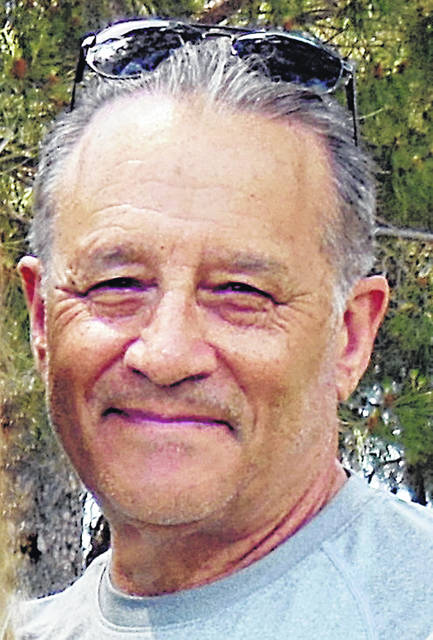
Two years after the collapse of the Soviet Union (1991), I had a private meeting with Mikhail Gorbachev and his wife, Raisa, in Geneva, Switzerland. It was about a communications platform that the Latin American foundation I was working for had developed for environmental non-profits. His newly established Green Cross International was interested in its novel graphic-user interface. For his pivotal role in trying to change the communist Soviet Union into a market-based social democracy, Gorbachev was both loved and hated. Perestroika (restructuring) and Glasnost (openness) were noble national ambitions, but not well enough planned for in advance.
In modern history, the dissolution of the Soviet Union was a remarkable inflection point. As pivot points go, so was the American Revolution, The Reformation, the Chinese Revolution, The Renaissance, and I would be remiss not to include Galileo, the internet, the industrial and agricultural revolutions and, of course, many more. So where am I going with this?
During periods of disruptive reformation, people often don’t realize that they are in it. So, are we in such a period now? No question social media has changed the world. Even in the poorest of countries, people now have access to how the “other half” lives, who’s doing what, and where, to say nothing of advancing people power through media activism. One of the factors that brought about the Protestant Reformation, the Renaissance, and the weakening of the Catholic Church’s dominance in Europe was the printing press. Gutenberg’s printing press and the Internet’s worldwide communications network both provided extraordinary, new popular access to information.
Today, with a confluence of powerful movements and disruptive crises, we may well be in one of those inflection points. The novel coronavirus has knocked the socio-economic world out of kilter, damaging economies, incomes, productivity and labor. Some forms of commerce may never recover. Others will flourish in a new paradigm of things.
Socially, levels of hostility are on the rise. Layered on top of the pandemic, the Black Lives Matters movement has gained enormous traction, combined with the social justice movement to potentially create a tipping point for not only monuments, but sports teams, corporations, labor practices, public health care systems, and also the nation’s politics and legal system. What will our world be like when we re-emerge from a quarantined existence?
It will take a concerted effort on the part of all Americans to squelch this virus and return to any kind of dynamic equilibrium. If this past week is prologue, things could still get worse. The economy could falter further, infections could rise, more borders could close, and people could get more frustrated and agitated.
If this is a real inflection point in our country’s history, then it seems to me that while we wait for the magic bullet that ends the COVID-19 pandemic, we should be demanding that our country’s leaders plan for what we want our country to do and be when we come out of all this, and that should mean significant historic transitions.
Mr. Gorbachev had the best of intentions and his work with President Reagan to denuclearize the world was evidence of that, along with his Nobel Peace Prize. But the Soviet Union was too far gone. America isn’t “too far gone,” but we have much to do and plan for after we emerge from this dark infectious tunnel.
Bill Sims is a Hillsboro resident, an author, and runs a small farm in Berrysville with his wife. He is a former educator, executive and foundation president.


